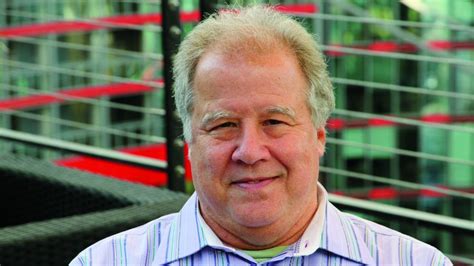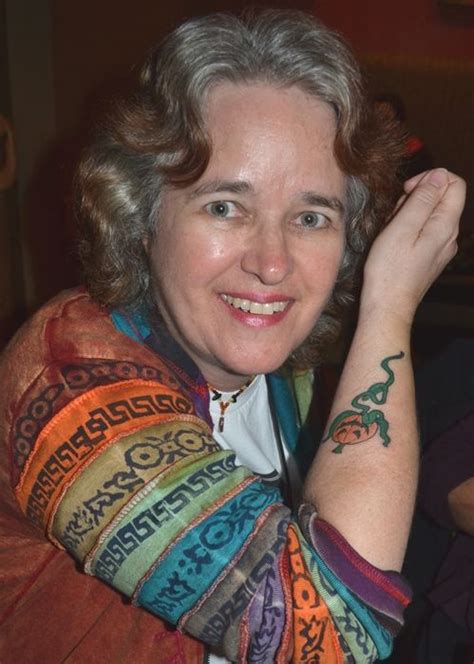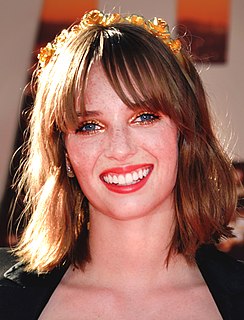A Quote by Stanley Hauerwas
Theological writing is usually done in essays or books, but I hope to show that if we concentrate on sentences, we may well learn something we might otherwise miss.
Related Quotes
When I was writing the first few books, what I would do is write a bunch of sentences and then go back and expand and explode those sentences, pack as much into them as I could, so they'd kind of be like popcorn kernels popping... all this stuff in there to make the writing dense, and beautiful for its density.
Writing is the act of creation. Put words on page. Words to sentences, sentences to paragraphs, paragraphs to 7-book epic fantasy cycles with books so heavy you could choke a hippo. But don't give writing too much power, either. A wizard controls his magic; it doesn't control him. Push aside lofty notions and embrace the workmanlike aesthetic. Hammers above magic wands; nails above eye-of-newt. The magic will return when you're done. The magic is what you did, not what you're doing.
Some say I'm an overnight success. Well, that was a very long night that lasted about 10 years. But while I do, of course, now feel the pressure having had books that have been very successful, I just know I have to concentrate on writing for myself. I can't worry about genres or markets or what might be commercial or not. That never works.
A lot of the times, if relationships go badly, you concentrate on the negative. But in those situations, there is always a positive outcome that you can learn from. So, I like to concentrate on the lesson and how I can learn from this. I concentrate on me rather than concentrating on the actual situation.
What I'm really involved in when I'm writing is something that no one ever mentions when they see any play. Writing is like trying to make gunpowder out of chemicals. You have these words and sentences and the strange meanings and associations that are attached to the words and sentences, and you're somehow cooking these things all up so that they suddenly explode and have a powerful effect. That's what absorbs me from day to day in writing a play.
I got to take classes in writing with a fountain pen, and actually, something you make is your own textbook. So, while you're learning about something, you have to write essays on it, and then you handwrite in cursive, in fountain pen, your essays out on beautiful paper and you bind it together into a book that you hand in at the end of the course.
I write different kinds of sentences, depending on what the book is, and what the project is. I see my work evolving. I'm writing long sentences now, something I didn't use to do. I had some kind of breakthrough, five or six years ago, in Invisible, and in Sunset Park after that. I discovered a new way to write sentences. And I find it exhilarating.







































